Our understanding of autism has changed enormously, particularly the recognition in women. The truth is that historically research has mainly looked at boys and men, so what we know about autism is largely what we know about autism for boys and men. We’re trying to address that balance now and do much more research with women and girls.
Professor Francesca Happé, Professor of Cognitive Neuroscience at King’s IoPPN
15 March 2023
Christine McGuinness: Unmasking My Autism – King's experts on BBC One
Experts at the Institute of Psychiatry, Psychology & Neuroscience (IoPPN) at King’s feature throughout BBC One documentary ‘Christine McGuinness: Unmasking My Autism’.

In 2021, 33-year-old Christine McGuinness discovered that she was autistic. There are thousands of women in the UK, just like Christine, who have been living with undiagnosed autism for decades. In a new BBC One documentary, Christine meets with experts at King’s IoPPN and people with lived experience to help uncover the differences in autistic traits in women and girls, and why they often go undiagnosed.
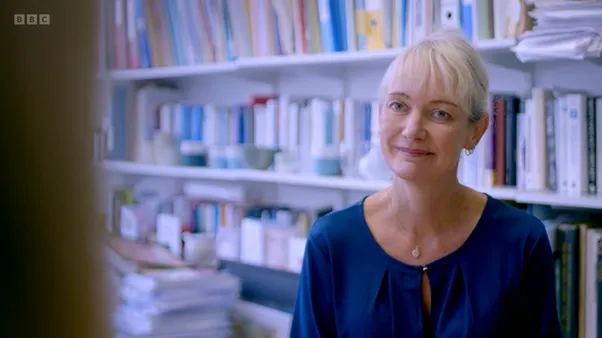
Professor Kate Tchanturia, Professor of Psychology in Eating Disorders at King’s IoPPN and South London and Maudsley NHS Foundation Trust, said: “We are one of the largest national eating disorder services. Almost a third of our patients have high levels of autism, and we want to make sure that we don’t do anything which harms more than treats… Not only are we making a difference in the quality of the care, but length of time in the inpatient ward is shortened by almost two weeks – and two weeks is a lot of time!”
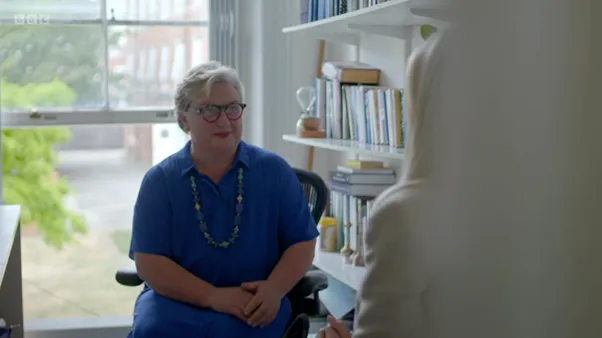
According to NHS digital, there are currently 122,000 people in England waiting for an autism assessment. One of the main tests that you take to find out if you are autistic is called the Autism Diagnostic Observation Schedule (ADOS).
Over the last five years, Dr Emma Colvert, Dr Victoria Milner and Hannah Hayward have been working together at the IoPPN to find out how to improve the ADOS to help clinicians spot the more subtle signs in women and girls.
Dr Emma Colvert, Chartered Psychologist and researcher at King’s IoPPN, said: “We call [ADOS] a gold standard measure for autism and that’s because it’s the one that is really very well designed to elicit behaviour that will tell us about autism.”
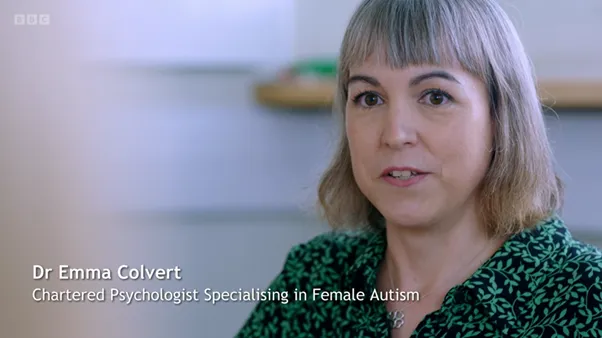
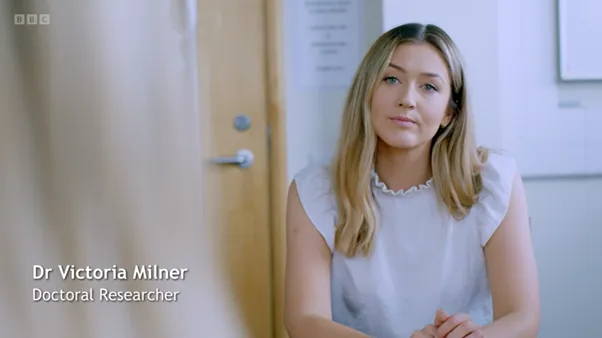
Hannah Hayward, Neurodevelopmental Specialist and PhD student at King’s IoPPN, said: “Particularly as people get older, the strategies that they put in place to cope means that they’ll respond [to ADOS] in a way that we would consider more subtle.”
Hannah continued: “Another aspect we’re looking at are friendships and relationships. When I do ADOS’s now I’ll spend quite a lot of time on that. With a lot of the girls and women I’ve worked with, I’ve found a common thing is the vulnerability aspect in both friendships and romantic relationships. Sadly, one of the common things that keeps coming up is a history of domestic and sexual violence in a lot of their relationships.”
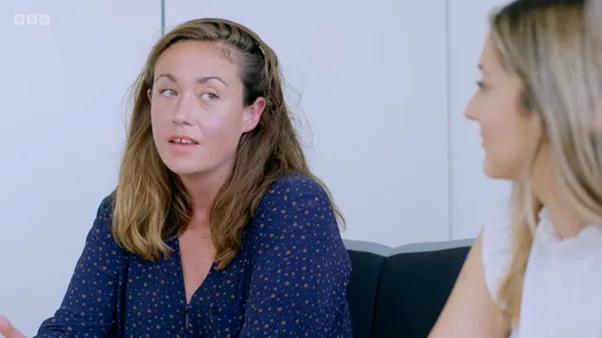
Professor Francesca Happé explains, “Autistic people in general in a neurotypical world can be really vulnerable. They don’t expect people to lie, for example, or to cheat them. Autistic women have a whole extra layer of vulnerability because how do you know if what’s going on in your private life and your sexual life is what you should accept? If you’re an autistic woman who doesn’t know to ask or who believes what they see on TV is real, that could get you into some really horrible situations."
It’s absolutely vital for the wider public to understand about autism in women and girls. We need the people on the ground day to day to know what their looking for. Without that knowledge, we’re not going to have them coming for diagnosis and getting the help and support that can come with a diagnosis.
Dr Emma Colvert
Watch the BBC One documentary, Christine McGuinness: Unmasking My Autism, on BBC iPlayer.

